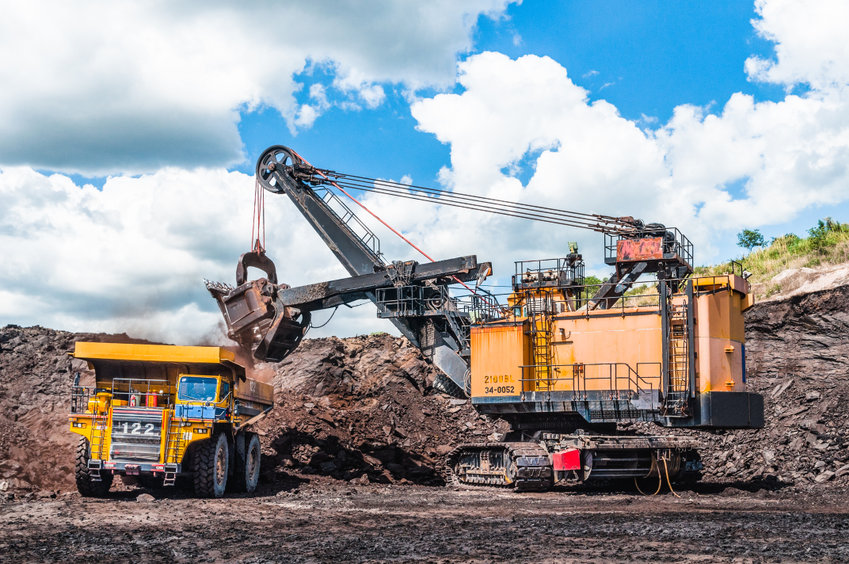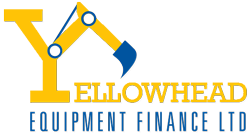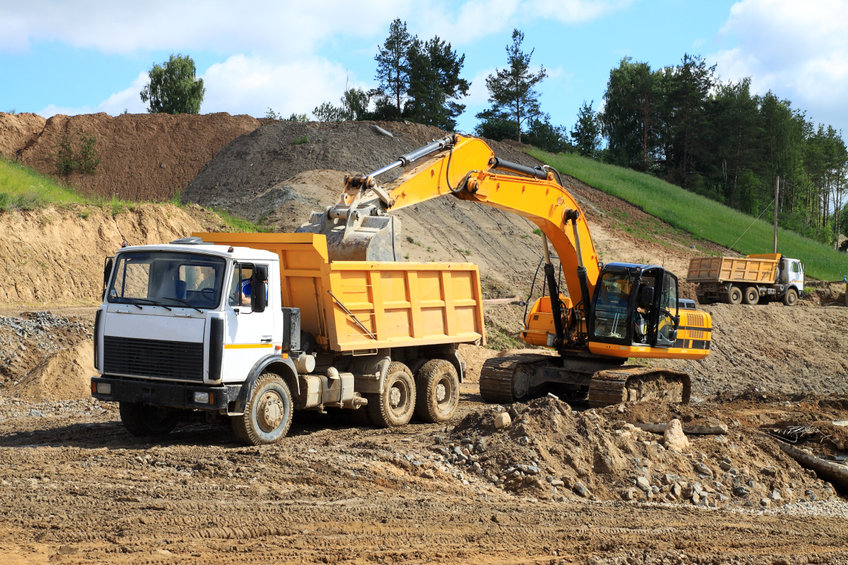
Leasing VS Financing Construction Equipment
April 8, 2022
How to Negotiate the Best Leasing Rates for Your Equipment
June 10, 2022One of the most lucrative businesses to start up today is a trucking company. Today, the trucking industry provides indispensable economic activity that even technology and digital dominance can’t make obsolete.
Freights and logistics make up the largest portion of the transportation industry with 35% of the entire market belonging to trucking.
Despite the potential returns being high, starting a new business in this industry is still challenging. With higher profits, there are more companies involved. As a result, the market is highly competitive and is one of the largest deterrence for starting a trucking business.
The second is costs. Between the costs of trucks, trailers, flatbeds, and drivers, the costs demand a massive working capital that can be daunting.
All that being said, there are various options available to companies to acquire the needed equipment without breaking the bank. One such avenue is trucking financing. Here are some tips to help with navigating this avenue.
Consider The Available Options
When preparing to build a fleet of trucks, it’s important to know the finance options available. In most situations, companies don’t have the working capital needed to purchase trucks or fleets of trucks.
This is where truck financing comes in. It helps businesses acquire the fleet they need and gets firms started with the initial output to begin growing. Paying monthly instalments over a period of time is smarter to do. There are two financing options available.
Loans
The first are loans which can be acquired directly from:
- The dealer that is selling trucks
- The bank
- Or a reputable financing house
Loans are considered when companies want to own the equipment at the end and is ideal for something that will hold value over a long period of time. Ideally longer than the actual term of the loan.
Also note that interest amortizes throughout the term. Companies will pay more interest at the start of the loan before paying more principal by the end.
Leases
The second option is leases which are ideal for items that depreciate quickly and aren’t worth the full value by the end of the term. This is ideal for businesses who wish to upgrade the equipment at the end of the term.
Leases are fixed charges that are factored into monthly payments. These payments also cover soft costs like maintenance, insurance, installation, and training if needed.
They can’t be cancelled and the equipment that is leased out is held as collateral in the event of default and can be collected by the lessor in those situations.
Understand What Is Needed For The Business
Considering the earning potential, many business owners can get excited over the profits rather than making strategic planning. It’s important that business owners recognize this and should exercise some restraint.
Creating short- and long-term goals as well as making a blueprint for strategic planning can help businesses avoid the common pitfalls in the trucking industry. Some questions to ask are:
- Is a full fleet needed?
- What kind of trucks are being considered?
- What kind of industry does the business want to go in?
Even though truck financing will require spreading the costs over a period of months, it’s important to factor in operating costs. Businesses will need to consider residual costs as well if there are plans to own the trucks.
Lastly is businesses who are financing the trucks. Companies with good reputations, are trustworthy, and will work with business owners is a must. Each business has their own set of needs. If a company can outline a process, and highlight risks, both companies will benefit.
Remember What Is Needed For The Finance Company
Consider first the business credit score. For start-up companies, credit scores are non-existent and so financing companies will look at the owner’s credit score.
If a company has a bad credit score, it’s better for the firm to disclose that early. Many financing companies tend to offer financing despite a poor score. Businesses in these situations should note that they will be paying more fees and interest in return.
Lastly, down payments may be needed for contracts too.
Lastly Consider The Financial Impact
The final tip to consider for businesses is to consider the financial impact truck financing will have. How will it be recorded on the balance sheet? Are there tax benefits associated to it?
Leasing options are advantageous in certain cases as they provide other benefits. One benefit being the tax benefits. Hiring a great tax consultant, they’ll be able to guide businesses to ensure that companies make up for several of the costs spent on leases.
Leases are also considered expenses as well, which allows businesses to open other lines of credit with other lenders and banks. Loans often tie up those credit lines and limit the amount of borrowing and investing. Loans present more financial risk to companies as it doesn’t provide those tax benefits like a lease would.
Consider Truck Financing
It’s important for businesses to ask themselves key questions when considering truck financing. Questions such as:
- How long will the truck be needed?
- Will it need to be upgraded in a few years?
- How much cash is available for a deposit, if any?
Get started leasing or financing the equipment you need. Contact Yellowhead Equipment Finance today to get started. We’ll help you identify your eligibility, work with you to understand your options, and work with appropriate lenders to get the best solutions for your financing needs.





